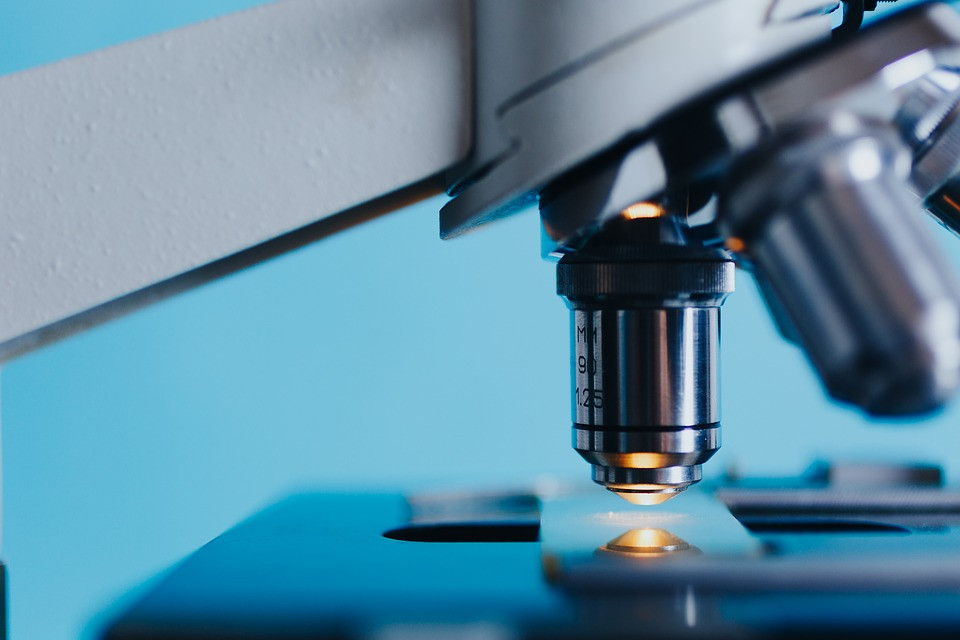
How to guarantee quality in translational research for neuromuscular diseases

It is not easy to go from basic drug research to clinical trials on humans, and for rare neuromuscular diseases the scenario is even harder. Besides, not always all the projects arrive to the human phase studies. The first step of this process requires a hypothesis about a certain drug, which researchers have to validate in the laboratory through a series of experiments and essays. After undergoing several long-lasting steps, the drug is approved to be tested in humans. Passing from the preclinical study phase on animals to the actual use of the treatment at the clinical level is known as translation.
During the last years research on the field of rare disease has increased, and due to this, it has been revealed that many former clinical trials were unreliable. In this context, the meeting helped to discuss about several topics, hoping to improve translation of preclinical work and collaboration among professionals. The topics included increasing networking between clinicians, researches, industry and patients, ameliorating the quality of animal studies and encouraging the performance of studies that aim at reproducing data observed by others and publication of negative results.
The reunion turned out to be really fruitful. It was agreed to organize workshops to inform stakeholders in the topics they are not familiar with. Also, journal editors arranged to change their publishing policy, requiring certain standards in reporting preclinical trials by explicitly stating them in the instructions for authors. They also agreed that publishing negative results could be really helpful and suggested that small, controlled pilot trials on humans would help to predict translatability before developing a big clinical trial. Finally, funding agencies recommended involving patients’ organizations to drive clinical trials-related-knowledge among patients.
Links of interest:
